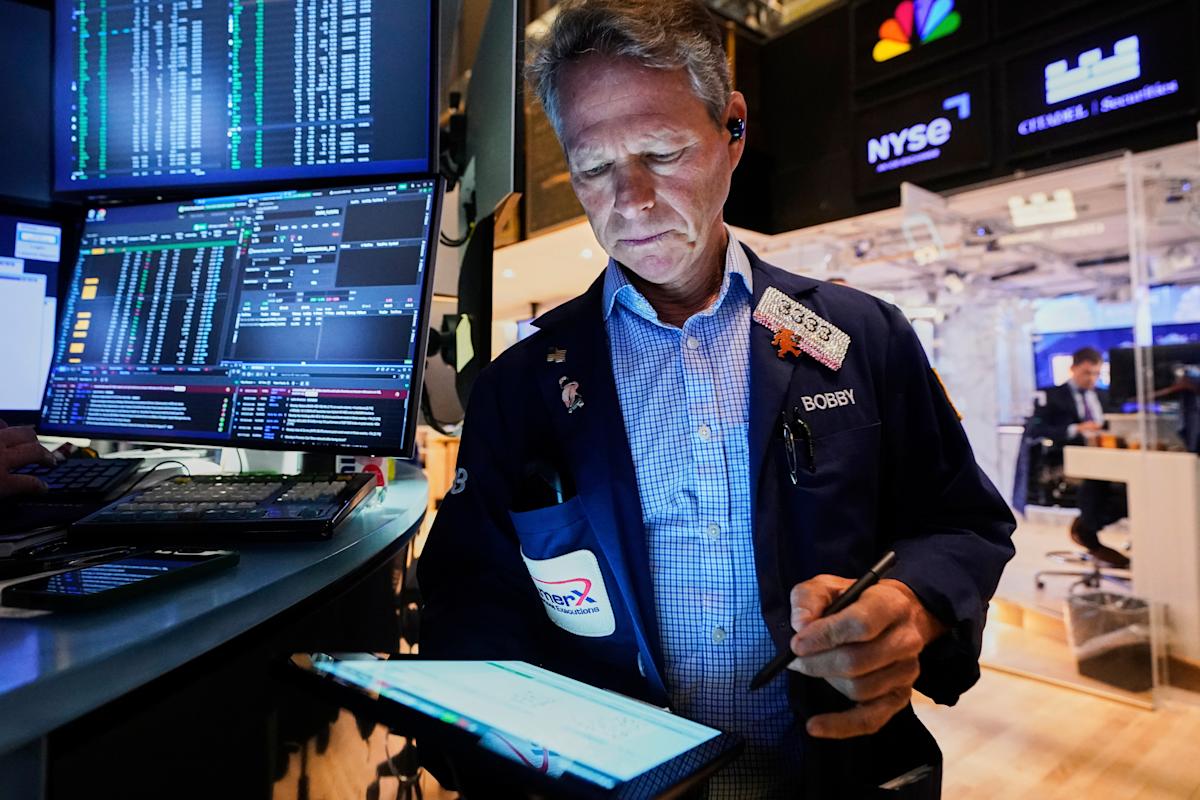
As the Israel-Iran conflict stretches into its second week, global markets are beginning to price in the growing risk of direct United States military involvement. The ongoing hostilities, which have escalated in intensity and scope, have introduced renewed volatility in commodities, equities, and safe-haven assets, reflecting investor concerns over potential regional destabilization.
Defense analysts and market strategists are closely watching developments, as the U.S. maintains a strong military presence in the Middle East and has historically acted to protect its strategic interests and allies in the region. Although the Biden administration has not confirmed any direct military engagement, diplomatic and military activity near U.S. bases and naval fleets in the region has drawn scrutiny.
Oil prices responded sharply to the conflict’s escalation, with traders fearing a broader regional war that could threaten vital energy supply routes, particularly through the Strait of Hormuz—a chokepoint for global oil shipments. Prices of Brent crude and West Texas Intermediate have surged in recent days, fueled by geopolitical risk premiums.
Meanwhile, equity markets have experienced mixed reactions. Defense stocks have seen gains amid expectations of increased military spending, while broader indices have registered fluctuations as investors juggle safe-haven demand with economic uncertainty. Gold, a traditional haven during crisis periods, has also rallied as market participants seek to hedge against geopolitical risk.
Financial analysts warn that if the U.S. becomes militarily involved, the repercussions could extend far beyond the Middle East, potentially prompting realignments among global powers and affecting international trade and security dynamics.
As the situation evolves, markets are expected to remain highly sensitive to official government statements, military movements, and developments on the ground. Traders and policy analysts alike will be monitoring the conflict closely for any signs of escalation or de-escalation, particularly regarding U.S. foreign policy actions in the region.
Source: https:// – Courtesy of the original publisher.








